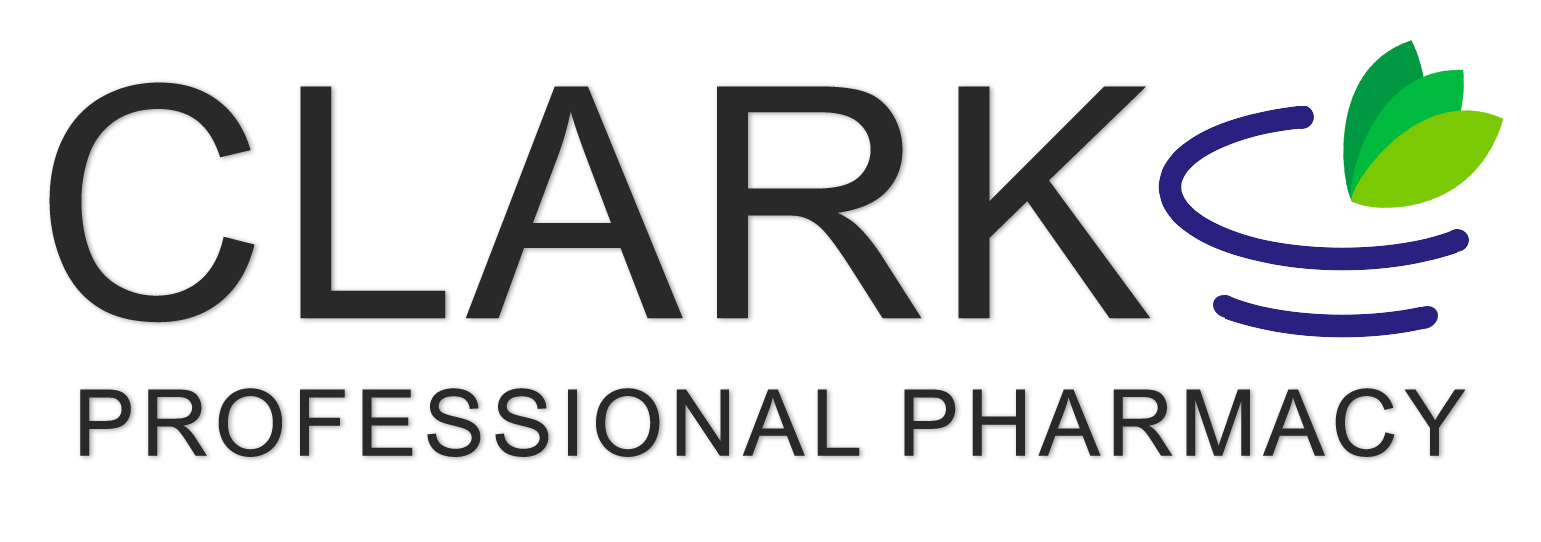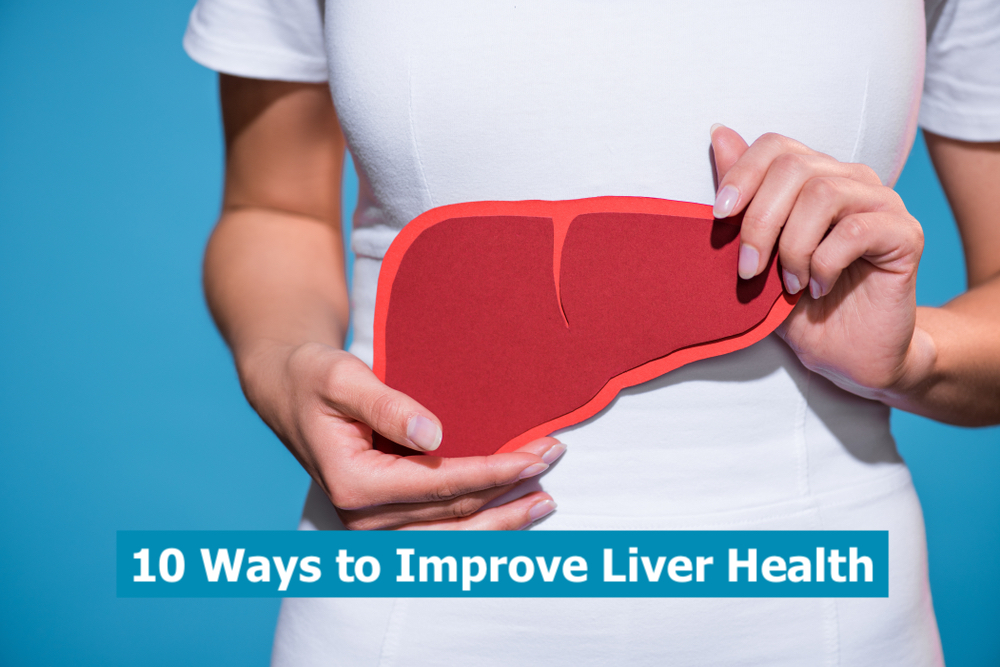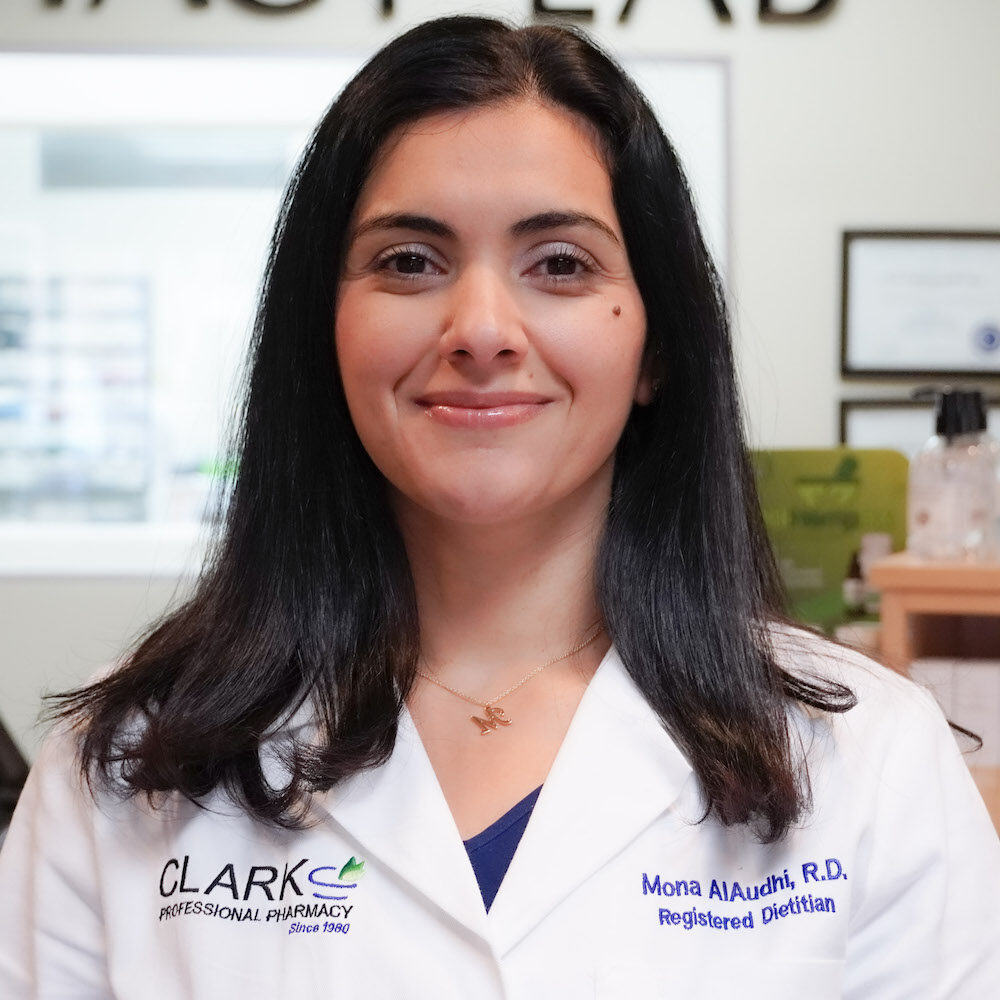Liver disease has been on my radar. I seem to be getting more questions about diet and lifestyle changes for a healthy liver. I am seeing and hearing a lot of cases of decreased liver enzymes levels, non-alcoholic fatty liver and cirrhosis in otherwise healthy adults. This trend is important because liver malfunction not only can lead to compromised body functions but also to other conditions like infection, or impaired cognitive function.
The liver is the largest internal organ and has hundreds of functions. It is the main organ responsible for detoxification. Other important functions include:
- Production of most proteins needed by the body
- Production of bile, a compound needed to digest fat and help absorb important vitamins
- Help regulate blood clotting
- Help fight infections
- Break down nutrients to produce energy
- Store minerals, vitamins and sugar, helping avoid shortages of these nutrients
Stress caused by the pandemic has also increased unhealthy coping mechanisms, including heavy alcohol consumption resulting in liver damage. Studies show that alcohol consumption since the COVID-19 pandemic started has increased significantly, especially for women. According to a RAND corporation study, women have increased their heavy drinking days by 41% compared to before the pandemic.
Excessive alcohol consumption is not the only cause for liver disease. Eating a high fat, protein, sugar and carbohydrate diet can also be harmful for the liver. Not having enough digestive enzymes puts a lot of stress on our liver, too, which can then lead to inflammation and liver tissue damage. We are continuously ingesting, inhaling and exposing our bodies to toxins from air, cleaning supplies, personal care products, diet, water, etc. Our livers are always hard at work, so giving them a break once in a while may be helpful.
10 Things to Do For a Healthier Liver
How can we show our liver some love? Here are some suggestions:
- Drink plenty of clean filtered water throughout the day.
- Sip on Dandelion tea. Dandelion tea is a diuretic and it may help prevent liver disease by reducing the amount of fat in the liver. It is believed that having too much fat in the liver makes it less responsive to insulin, which may lead to diabetes. One study shows that taking dandelion extract resulted in lower level of excess fat in the liver. Additional studies suggest that it may also reduce blood sugar levels due to chicoric and chlorogenic acid found in dandelions.
- Try milk thistle supplements. Milk thistle is one of the most supportive herbs for the liver, and it is considered an antioxidant and anti-inflammatory. It is believed to prevent toxins from attaching to liver cells. A study found that it may help reduce inflammation in the liver and promote cell repair.
- Improve your digestion by eating foods that stimulate enzyme production such as raw and fermented foods.
- Watch your fat intake, especially of the saturated kind found in processed foods.
- Avoid foods that you may be sensitive to. Eating foods that cause intolerances puts on more stress on the liver. Gluten, dairy, histamine-rich foods are common causes of food sensitivities.
- Reduce your external toxins by using less chemicals in health and beauty products.
- Consider a liver detox 1-2 per year. Because every person is unique, we strongly recommend speaking with a professional and your physician before starting a detox program. If you’re looking for a program, we often recommend this 7-day or 14-day program. The slower and longer ramp-up period the detox program has, the better, since that will be the safest for your system.
- Drink alcohol responsibly. The general recommendation is up to 1 drink per day for women and up to 2 drinks per day for men. However, some people may be more sensitive to alcohol and may need to avoid it altogether.
- Exercise regularly. Exercise is good for many reasons, like increasing our metabolism and prevent obesity. But, when it comes to liver health, it can also help prevent fatty deposits in the liver and decrease inflammation.
Important note: Please discuss with your physician or one of our pharmacists before taking any supplement, as some supplements may interact with medications or have contraindications with certain medications and/or health conditions.
Do you have any questions or would like a customized diet plan? Schedule a consultation by contacting us at clark4yourhealth@gmail.com.



